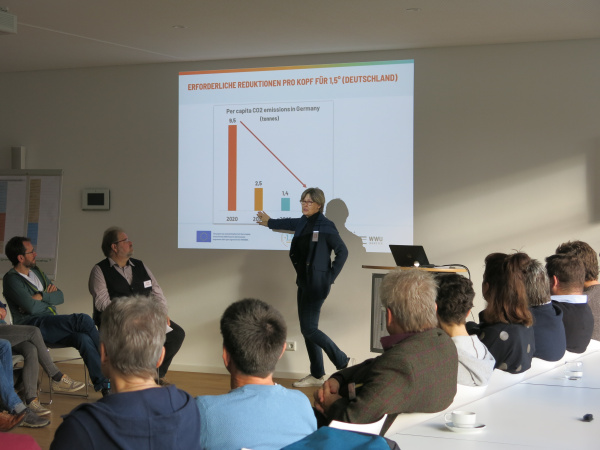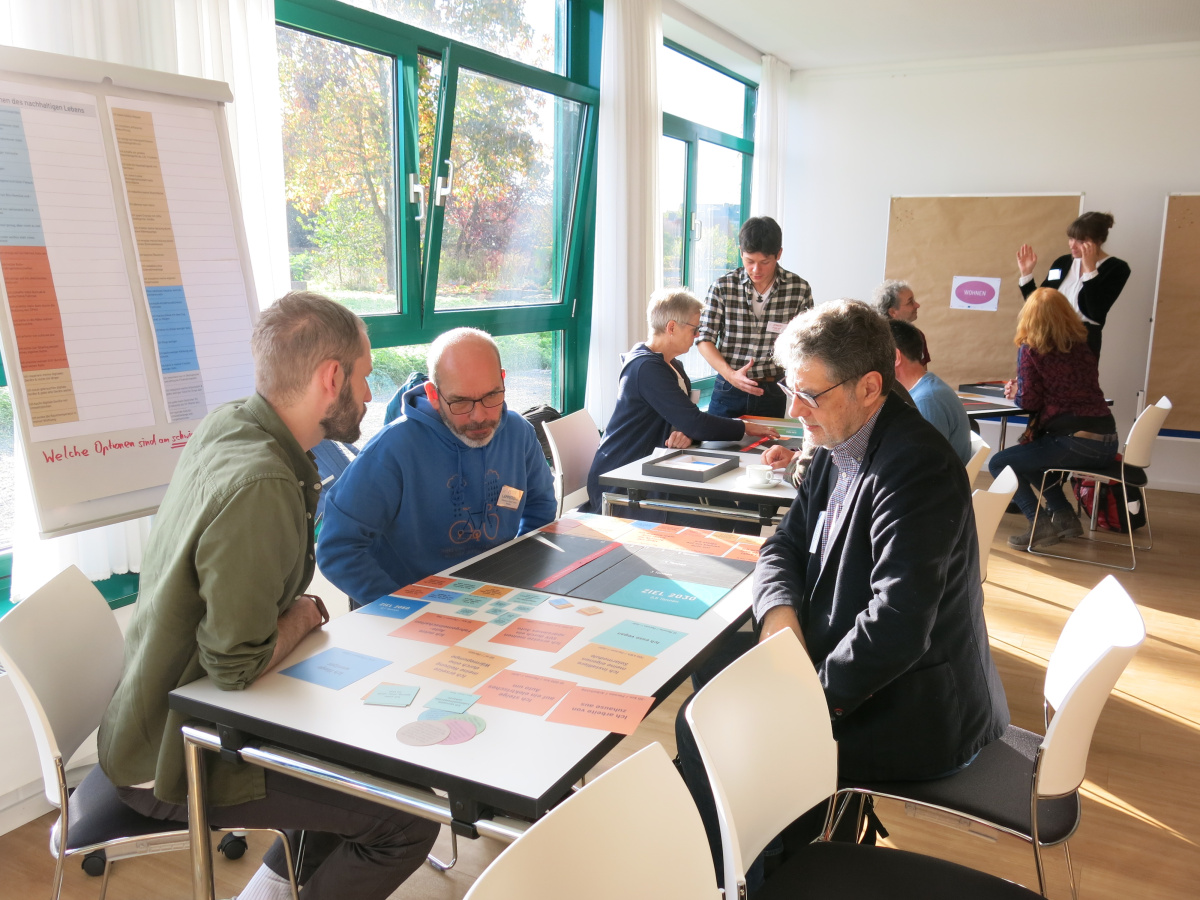
The EU 1.5° Lifestyles project aims to highlight the importance of political acceptance for change, demonstrating the potential contributions of individuals and households, and identifying areas where limited household agency requires intervention from policymakers and structural changes. One of the main aims of the project is to connect analyses of lifestyle perspectives at the household level with inquiries into relevant political, technological, economic, and social structures at various levels of governance, and developing practical recommendations that can be integrated into everyday life and EU and national policies.
This spring, the EU 1.5° Lifestyles project consortium submitted the second deliverable (a compiled output of the project) focusing on structural enablers and barriers to change. The research included in the report will partially be published in diferent peer-reviewed articles, but the Executive Summary of the report is already available here.
The Stakeholder Perspectives on Structural Change report (Deliverable 3.2) presents the outcomes of five participatory Stakeholder Thinking Labs held with representatives from business, policymaking, media, civil society, and experts in think-tanks/academia in Germany, Hungary, Latvia, Spain, and Sweden. The participants engaged in backcasting sessions to envision a positive 1.5° lifestyles future in 2040 and explored steps to achieve the necessary structural changes.
The report highlights seven key structures that need to be addressed to enable 1.5° lifestyles: overcoming the economic growth paradigm, creating consistent policies, overcoming the systematic influence of vested interests, internalizing eco-social costs in prices, promoting alternative narratives and measurements of a good life, overcoming inequity in resources and power, and integrating information and skills in education.

As a warm-up activity, stakeholders in all five case countries played the EU 1.5° Lifestyles Climate Puzzle, to bring footprints down to the 2,5 tonnes limit per person per year.
The stakeholders identified numerous steps and policy tools to address these key structures, such as making degrowth options more attractive, implementing bans and taxes for unwanted behaviors, and promoting alternative ways of measuring well-being. The report emphasizes the importance of integrated systems thinking across different consumption fields and the need for coherent policies to support education efforts.
Despite the challenges of bridging individual actions and broader societal structures, the Stakeholder Thinking Labs provided valuable inputs for upcoming research tasks in the EU 1.5° Lifestyles project.
The project continues to engage stakeholders and work towards achieving the necessary transformations for a sustainable future. Keep an eye out for future events, webinars, and workshops if you would like to attend one of our events in the future.
Halliki Kreinin - WWU

